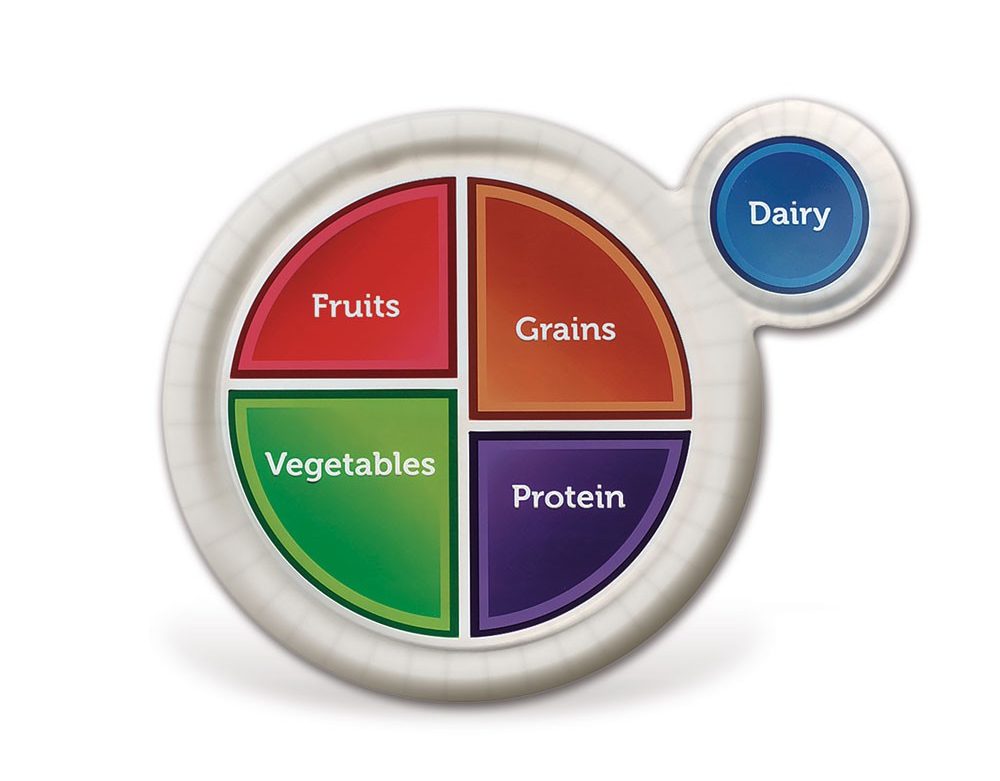As Americans live longer, malnutrition, or undernutrition, is increasing in the elderly population. However, seniors and other community members can take active steps toward prevention.
“This situation not only decreases quality of life, but it also heightens the risk for additional health issues,†said Laura Barr, University of Illinois Extension Nutrition and Wellness Educator. “As we age, we need less calories because we are not as active, and our thirst and hunger prompts decline. Other barriers may include chewing or swallowing problems, lack of transportation or support systems, medication interactions and being on a fixed income.â€
According to the American Academy of Family Physicians, 3.7 million seniors were diagnosed with malnutrition in 2012. More than half of American seniors seen in emergency rooms are either malnourished or at risk for malnutrition, per a 2014 study in the Annals of Emergency Medicine.
“Decreased physical activity and progressive depletion of lean body mass associated with aging both exacerbate the condition,†said Barr. “Malnutrition weakens the immune system which increases risk of other infections and greater health care costs. Prevention is always better.â€
Barr recommends the National Council on Aging’s six steps to prevent malnutrition:
- Understand malnutrition. Check it out at www.ncoa.org/NutritionTools
- Make smart food choices. www.ncoa.org/EatWell
- Try an oral nutritional supplement
- Take care of your teeth
- Consult with your health care provider
- Find help, such as www.MealsonWheelsAmerica.org or BenefitsCheckUp.org/SNAP.
“Malnutrition is less of an issue when older adults are connected to the community through senior centers, park districts and places of worship,†said Barr.
She also urges adults to check-in on older family and community members, especially when they are sick, or when the weather is hot or very cold.
“Together we can beat malnutrition in our communities.â€
For more information on University of Illinois Extension programs, visit go.illinois.edu/extensiondkk.


Recent Comments